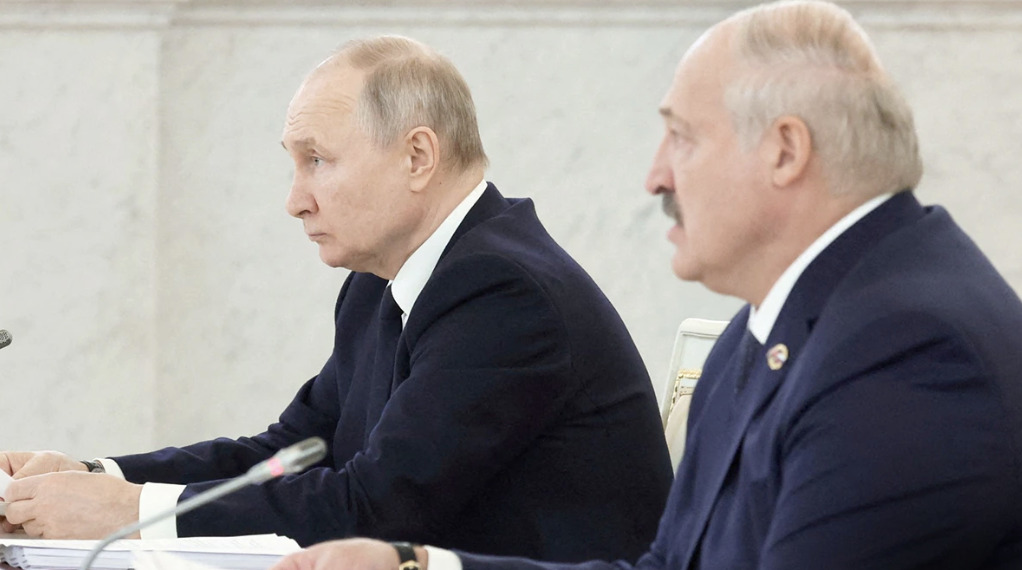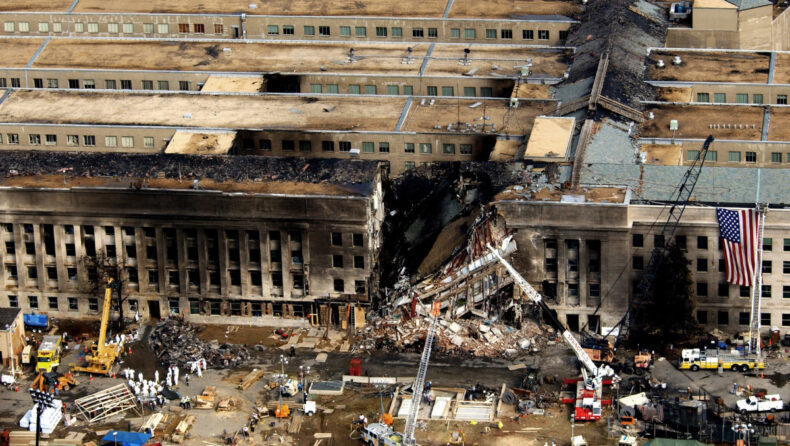In a highly significant development, Russian President Vladimir Putin and Belarusian President Alexander Lukashenko recently held their first face-to-face talks since Lukashenko played a crucial role in ending the mutiny by Wagner fighters in Moscow. The meeting took place at the grand Konstantinovsky Palace in Saint Petersburg, where the two leaders arrived together for scheduled talks, signifying the importance of their discussions.

Table of Contents
Putin and Lukashenko To Discuss Security and Challenges: A dialogue on regional concerns
During the meeting, President Putin informed Lukashenko about the ongoing Ukrainian counteroffensive against Russian forces, stating that it had “failed,” according to Russian news agencies. However, Lukashenko disputed this claim, stating that there was indeed a counteroffensive, but it had not succeeded as expected.
The talks between the two global leaders are expected to continue for two days, with Putin altering his plans accordingly. Among the key topics of discussion is the security issue in Eastern Europe. Putin emphasized that this matter would be thoroughly addressed during their extensive talks.
The Wagner Group’s Involvement in the Conflict: Russia’s Support and Allegations of Mutiny
The backdrop of the meeting is the continuing conflict in Ukraine, where Russian soldiers have been receiving support on the battlefield from the Wagner Group. The Wagner Group, a private military company led by businessman Yevgeny Prigozhin, has been a significant player in the ongoing conflict in Ukraine. As a close ally of the Russian President, Prigozhin’s group has been supporting Russian soldiers on the battlefield. The Wagner Group gained notoriety for its involvement in deployments to Crimea, which was illegally annexed by Russia, and eastern Ukraine’s Donbas region in 2014. Additionally, the group has dispatched troops to various conflicts globally, including the Syrian Civil War.
However, recent events have indicated a power struggle within Russia, with Prigozhin accusing the country’s defence ministry of “destroying” Wagner fighters and concocting lies to justify the invasion of Ukraine. In an explosive rant, Prigozhin called for armed mutiny, raising concerns about the potential for civil war in the country.
As regional tensions remain high, the meeting between Putin and Lukashenko assumes critical importance in finding avenues for dialogue and resolving issues amicably. The leaders are expected to discuss not only the conflict in Ukraine but also the broader security situation in Eastern Europe. The international community will closely watch the outcomes of these talks, hoping for de-escalation and a path toward stability in the region.
Tragic Incident in Odesa Underscores the Urgency
In the midst of these discussions, an unfortunate incident occurred when a Russian air attack on the port city of Odesa resulted in casualties and injuries. One person was killed, and nearly 20 others were injured after a cathedral was struck by the attack. Such incidents only add to the complexities of the situation and underscore the urgency of finding peaceful solutions to regional challenges.
Global Expectations for Constructive Dialogue
The world now waits with bated breath as the talks between Putin and Lukashenko progress. The international community hopes for a constructive dialogue and a genuine commitment to resolving the conflicts in Ukraine, ultimately ensuring stability in the broader Eastern European region. The outcome of these crucial meetings will undoubtedly shape the future of the affected nations and have far-reaching implications for global security and geopolitics.
As the global spotlight remains on these important discussions, there is a collective desire for diplomatic efforts to prevail, leading to lasting peace and prosperity in Eastern Europe.
In the midst of regional tensions and escalating conflicts, the world’s attention remains fixated on the ongoing discussions between Russian President Vladimir Putin and Belarusian President Alexander Lukashenko. As leaders of two influential nations, their dialogue holds the potential to shape the future of the entire region. The international community looks to these talks with a collective hope for peaceful resolutions that will lead to stability and prosperity.
The stakes are undeniably high, and failure to find peaceful resolutions could lead to further escalation of conflicts, risking the stability not only of Eastern Europe but also of the broader global landscape. The international community is anxiously waiting for positive outcomes from these critical talks, hoping that they will set the stage for de-escalation and pave the way for constructive engagement.













